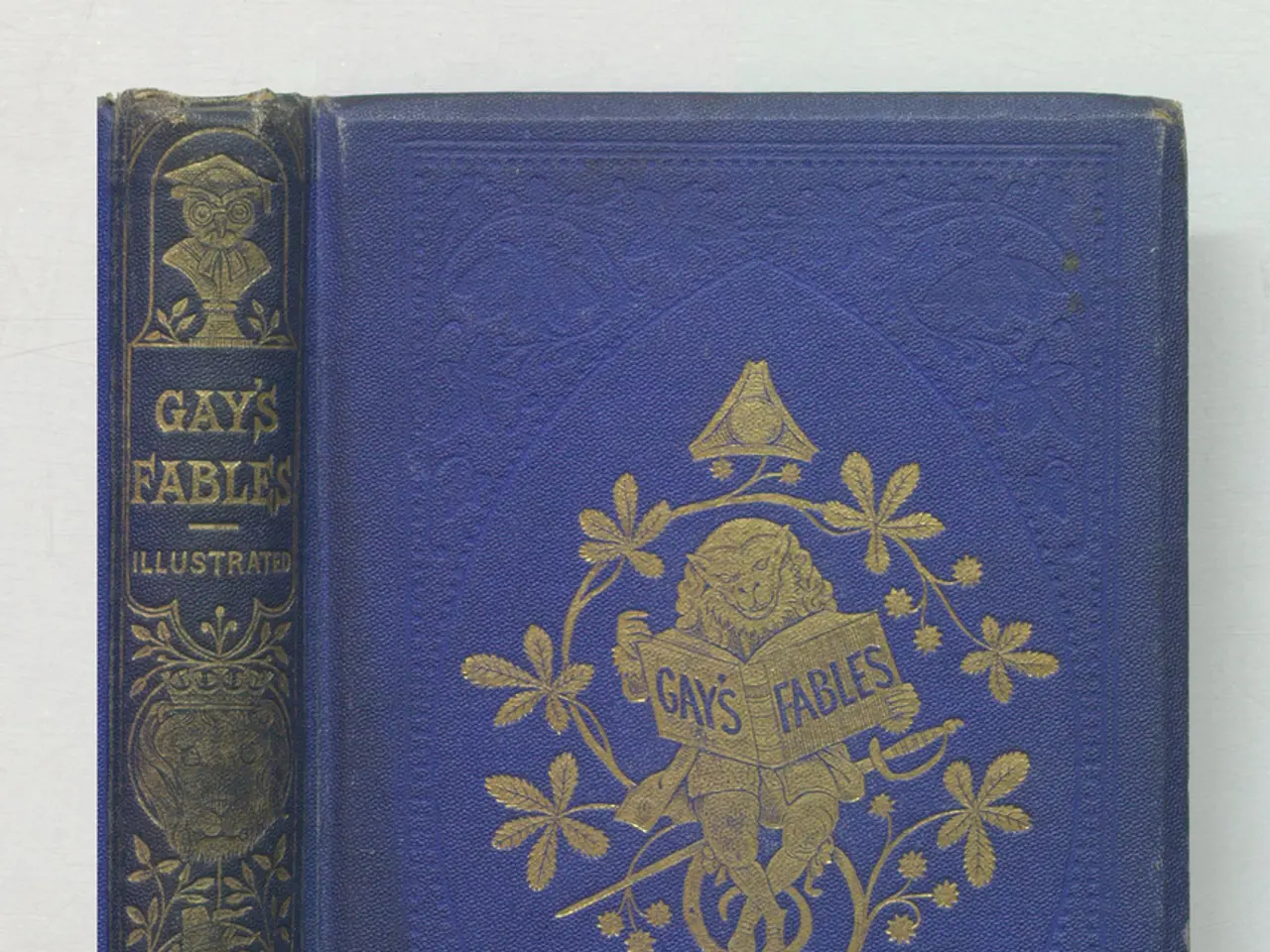New Study Results: Impact of Gender on Negotiation Strategies
In a groundbreaking study, researchers Sreedhari D. Desai and Brian C. Gunia have uncovered the significant influence of stereotypes about sexual orientation on negotiation behaviour[1]. The research, published in 2021, sheds light on the biased outcomes that can occur due to these stereotypes.
The study reveals that participants expected gay women to be more dominant negotiators than straight women and gay men, leading to better offers being made to gay women. Conversely, gay men were perceived as more passive, resulting in worse offers compared to straight men[1]. This finding suggests that gay men may face a negotiation disadvantage similar to that experienced by straight women, while lesbian women might gain a bargaining advantage, at least if their sexual orientation is known during the negotiation[1].
The research also found that the presence of perceived sexual orientation can lead to a shift in negotiation strategies and expectations. However, these shifts are influenced by societal stereotypes that may not accurately reflect individual behaviours or abilities[1].
The study concludes that negotiation training should target problematic stereotypes about dominance by group rather than providing particular negotiation skills/training for men or women[1]. Furthermore, the research suggests that focusing on targeting men's anxiety could improve diversity, equity, and inclusion initiatives.
In another experiment, the team found that a self-affirmation exercise alleviated men's anxiety towards assertive women, increasing their willingness to work with and collaborate with them[1]. Women participants were equally willing to work with a male or female candidate, whether or not they had engaged in the self-affirmation exercise[1].
The findings of this study underscore the importance of interrogating our snap judgments and assumptions about our negotiating counterparts. By recognising and challenging these stereotypes, we can strive to overcome sexual orientation and gender bias in negotiation, leading to fairer, more accurate, and more collaborative outcomes for all parties involved.
[1] Desai, S. D., & Gunia, B. C. (2021). The Role of Stereotypes in Negotiations: An Empirical Investigation of Sexual Orientation. Academy of Management Journal, 64(5), 1667-1698.
- To improve negotiation training, it's crucial to address stereotypes about dominance, steering away from gender-specific skills training.
- This research indicates that gay men could potentially face a negotiation disadvantage, similar to that experienced by straight women, while lesbian women might gain a bargaining advantage.
- The presence of perceived sexual orientation can impact negotiation strategies and expectations, but these shifts may not mirror individual behaviors or abilities.
- By focusing on reducing men's anxiety towards assertive individuals, diversity-and-inclusion initiatives could see considerable improvement in business negotiation outcomes.
- The study highlights the need to interrogate our snap judgments about negotiation counterparts, and through recognition and challenge of these stereotypes, we can strive for fairer, more accurate, and more collaborative negotiations in business and beyond.




